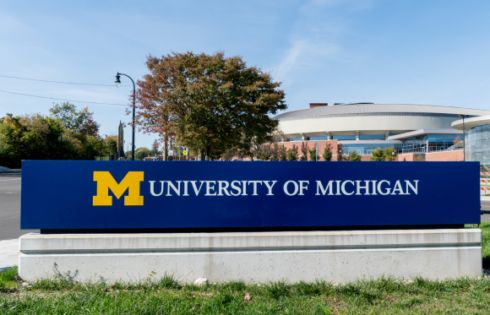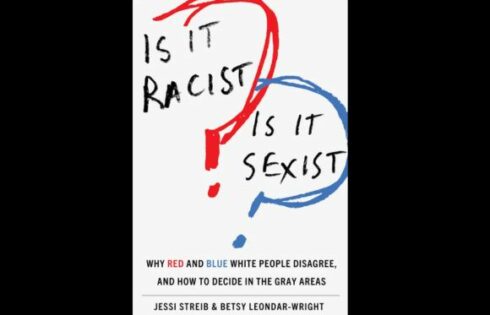
Higher ed economist questions research design of study
Most workers are paying their student loans back on time, a study from a public finance think tank found.
Of the 2,036 employees surveyed by Mission Square Research Institute, only “15 percent across both the public and private sectors missed their student debt repayments three or more times in the past six months.”
The survey is about evenly split between private sector and public sector workers.
On average, 32 percent of respondents across both the public and private sector have student loans, the study found.
The report calls student loan debt “an essential consideration for public employers.”
Mission Square told The College Fix “46% of public sector employees with student debt view it as a major problem,” when asked about the seriousness of college loans, given how few people are struggling to pay them.
“In addition, a greater percentage of public sector employees view student debt as a factor in considering a job change than do private sector employees, and from the Institute’s research on employees 35 and under, 60% are considering leaving their jobs,” the think tank stated in its response.
The sample demographic of this research among public sector employees is mainly teachers and educators, representing about 30 percent of all respondents. Mission Square provided The Fix with other research on this topic.
The group recommends public employers “pay attention” to these concerns to retain their workers.
Mission Square also said employers should discuss debt with their employees, including options for repayment aid, such as the Public Service Loan Forgiveness program.
A majority of respondents, 58 percent, favor public sector tuition reimbursement by their employers.
“The best starting point in using this data is to understand the student debt burdens that employees likely bear (per the report by occupation), and then to discuss the findings with their staff,” the think tank told The Fix. “Any effort to clear up misconceptions, listen to employee concerns, and better engage with staff can help to reduce financial anxiety as well as mitigate turnover.”
But Preston Cooper, a higher education economist at the American Enterprise Institute, said expansion of student loan forgiveness could make college more expensive.
“There’s a fiscal impact in that loan forgiveness will increase the deficit, pushing up interest rates and inflation,” Cooper told The Fix. “In the longer run, debt forgiveness may also lead to colleges raising tuition or adding questionable new degree programs to capture the student loan subsidies that governments are giving out.”
Cooper also questioned the research, which found 85 percent of respondents view overall debt levels as a “major or minor problem.” The College Fix asked Preston Cooper whether this wording can overestimate people’s concerns about debt.
“Obviously, all else being equal, respondents would rather not have student debt,” he said.
“But that doesn’t necessarily mean their student debt payments are a ‘problem’ or the primary source of financial distress,” Cooper said.
He also said “many of the questions” use “very subjective” wording, mentioning one example about student debt being a “problem.”
Cooper said, “everyone has a different definition of what a problem is.”
MORE: Tax Harvard to pay for trade jobs, experts say
IMAGE: Zimmytws / Shutterstock.com
Like The College Fix on Facebook / Follow us on Twitter






Please join the conversation about our stories on Facebook, Twitter, Instagram, Reddit, MeWe, Rumble, Gab, Minds and Gettr.